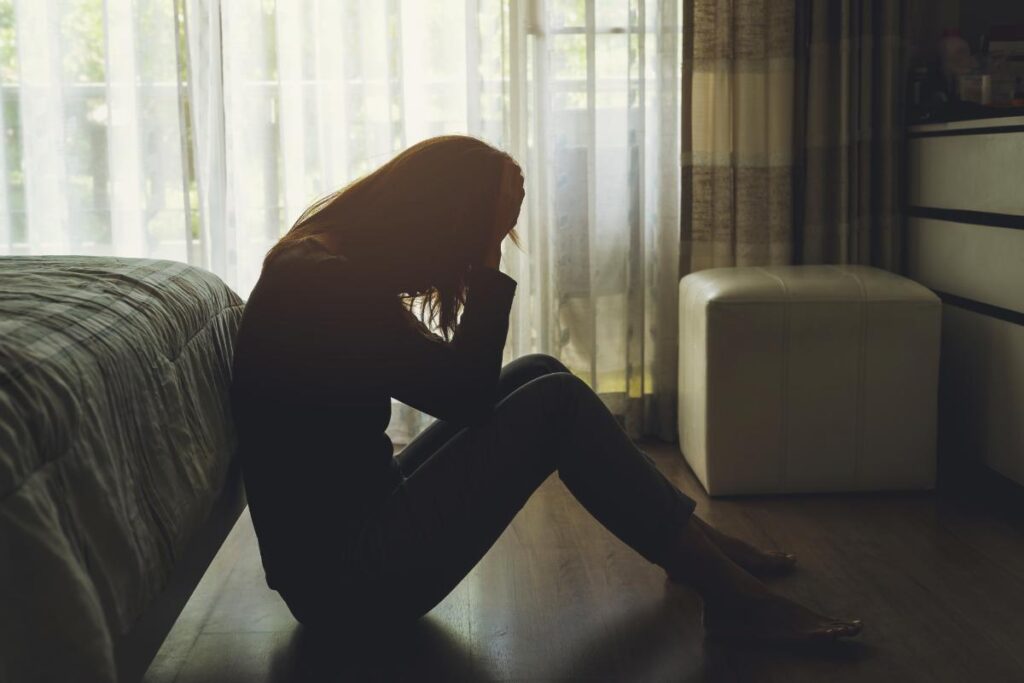The tens of thousands of deaths from heroin addiction that happen each year are preventable. While there is no cure for addiction, there are several effective treatment programs that can help. Spotting the signs of heroin addiction can be difficult as many people will go to extremes to hide their addiction, but there are ways to tell if someone is abusing heroin. If you know someone with a heroin addiction, talk to them about enrolling in a heroin addiction treatment program to help with the recovery process.
At Zelus Recovery, we provide outpatient treatment for men and women struggling with an addiction to heroin, alcohol, or other substances. When you first arrive at our facility, our team will take an assessment of your health and the severity of the addiction. They use this information to create a treatment program that addresses the physical and mental aspects of addiction simultaneously. For more information about spotting the signs of heroin use, call 208.518.0797 or fill out our online form today, and we will get back to you within 24 hours.
Understanding Heroin Addiction
Heroin comes from the poppy plant, Papaver somniferum, which is the main ingredient for making morphine and opioid-based pain medications. It is also in heroin and other dangerous narcotics. It works by flooding your system with chemicals that attach themselves to the mu-opioid receptors in your body and signal a massive release of dopamine. A neurotransmitter responsible for making you feel happy and other vital functions.
Heroin’s fast-acting effects make it very addictive, and some people can form an addiction after only a few uses. Even with micro-dosing, you are still at risk of developing an addiction and a strong dependence. If you abuse heroin for any amount of time and try to quit, you will experience severe withdrawal symptoms that include:
- Intense cravings for more heroin
- Jitters
- Diarrhea
- Vomiting
- Insomnia
- Cold flashes
- Muscle spasms
At Zelus Recovery, we know how devastating heroin addiction can be. We work one-on-one with our patients to give them the confidence and skills necessary for lifelong, sustainable recovery. Patients can attend therapy for as long as needed and work at their own pace toward healing.
Recognizing the Signs of Heroin Addiction
There are physical signs of drug addiction that you can look for if you suspect a friend or loved one is abusing heroin. Finding glass pipes, used needles, or rubber tubing in or around your home is one of the signs of drug use. There will also be some behavioral changes as they try to hide their abuse.
Here are some of the physical signs of heroin addiction:
- Flushed skin
- Significant weight loss in a short period of time
- Runny nose
- Nausea and vomiting
- Unusual odors on them or their clothes
- Slurred speech
- Deteriorating personal hygiene
- Tremors
Men and women with an addiction to heroin will go to great lengths to hide their abuse. Look for these changes in their behavior if you are worried they are abusing heroin:
- Withdrawing from friends and family
- Failing grades or poor work performance
- Financial difficulties
- Acting more secretively
- Changes in who they hang out with
- Wearing pants and long sleeves in hot weather
Join Zelus Recovery for Our Heroin Addiction Treatment Program
At Zelus Recovery, we help men and women in Boise who are struggling with an addiction to heroin, prescription pills, or other harmful substances. Our behavioral therapists work closely with each patient to uncover the root cause of the addiction and develop healthy coping skills to maintain their sobriety in any situation. Part of our addiction therapy includes family therapy, where we teach families about the physical signs of drug addiction and how they can be a big part of the recovery effort.
If you or a loved one is struggling with heroin addiction, today is the best time to get help and lead your best life. Call 208.518.0797 today to speak with our compassionate staff about taking that first step toward recovery.





